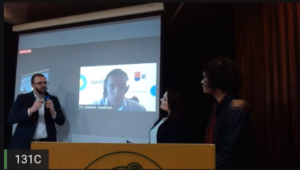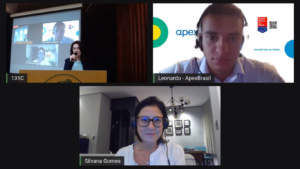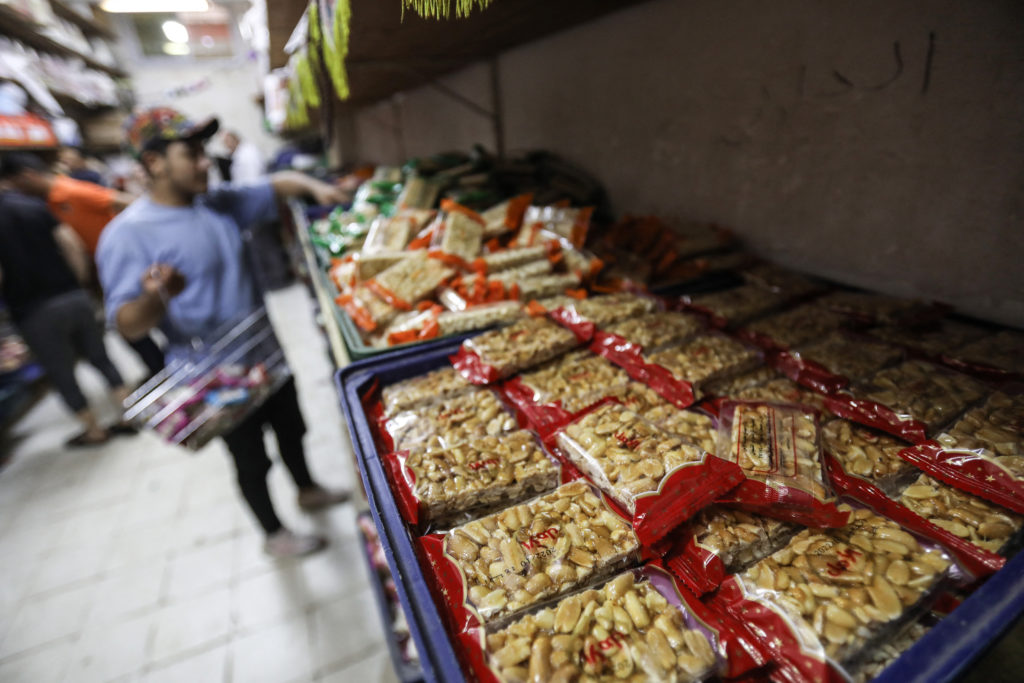São Paulo – In their quest for economic diversification, Arab countries are undergoing structural changes in various areas. According to Sotirios Ghinis, expert in Economics of the Market Intelligence department of the Arab Brazilian Chamber of Commerce (ABCC), one of the drivers of this change is the growing urbanization that has influenced new eating habits.
Ghinis pointed out that although many Arab countries have projects to implement or increase their agricultural output, the region is unlikely to supply its own demand by itself. “Urbanization translates into habit changes, like on-the-go consumption, fast food. They have [also] sought healthier, more nutritious food. The food security issue is pressing, too. They are food importers, as there isn’t [local] capacity to produce food for those people,” the economist pointed out.

He spoke during the event Halal Certification and the Arab Market on Tuesday (1), held by the Álvares Penteado School of Commerce Foundation (FECAP). The event took place in the city of São Paulo and was livestreamed on the school’s YouTube channel. The Halal certification proves that the product is fit for Muslim consumption.
Talking about halal certification, expert consultant Omar Chahine gave information on this market, which drives the global economy and goes beyond Muslim-majority countries, reaching European and Brazilian consumers, too. “Brazil has trained manpower, which makes it easier for it to be the world’s largest halal exporter,” Chahine pointed out.
Halal do Brasil project

The opening of the event featured Silvana Gomes, Marketing & Content director of the ABCC, and Leonardo Rodrigues, International Business analyst of the Brazilian Trade & Investment Promotion Agency (ApexBrasil), talking about the Halal do Brasil project.
The project will be conducted in partnership between the two institutions, which will work to expand the presence of Brazilian foods in the halal market, especially higher value-added food items. The international promotion of the sector is expected to receive investments of BRL 15.4 million [USD 3 million] over the next 30 months in actions, as well as subsidies to companies interested in getting the halal certification for their products.
Translated by Guilherme Miranda




